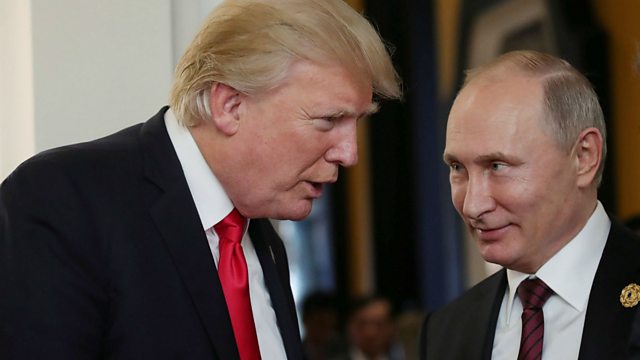
Keeping tabs on nuclear weapons
Can science overcome the political impasse in nuclear proliferation policy? And we delve into the science behind βsuper-forecastingβ.
The US has withdrawn from a historic nuclear disarmament treaty. However the verification of such treaties has been under scrutiny for some time as they donβt actually reveal the size of nuclear stockpiles.
New methods of verification and encryption should allow all sides to be more confident on who has what in terms of nuclear stockpiles.
Can carbon capture and storage technology help reduce atmospheric Co2 levels? The answer seems to be yes, but at a considerable cost.
Humans have been trying to predict the future since ancient times. The Chinese had the I-Ching while the Greeks preferred to search for answers in animal entrails. These days intelligence agencies around the world mostly rely on expert opinions to forecast events. But there are ordinary people among us that routinely outperform experts when it comes to making accurate predictions about the future.
Listener Cicely wants to know whether these non-experts, so-called βsuper-forecastersβ, really exist and if so, how does it work? She has noticed that people in her family β herself included β are surprisingly good at predicting events.
(Photo: U.S. President Donald Trump and Russia President Vladimir Putin. Credit: Sputnik/Reuters)
Last on
Broadcasts
- Sun 11 Aug 2019 14:06GMTΒιΆΉΤΌΕΔ World Service Americas and the Caribbean
- Sun 11 Aug 2019 15:06GMTΒιΆΉΤΌΕΔ World Service News Internet
Podcast
-
![]()
Unexpected Elements
The news you know, the science you don't

